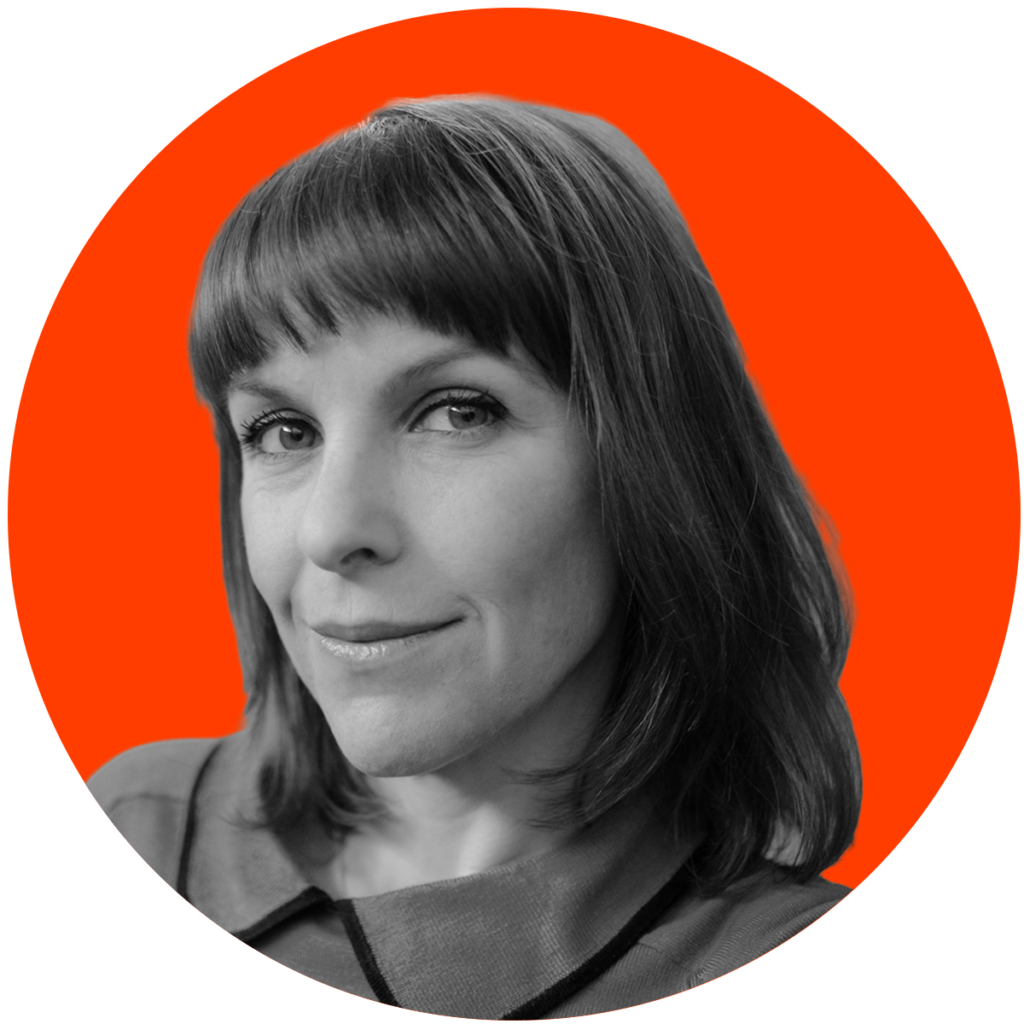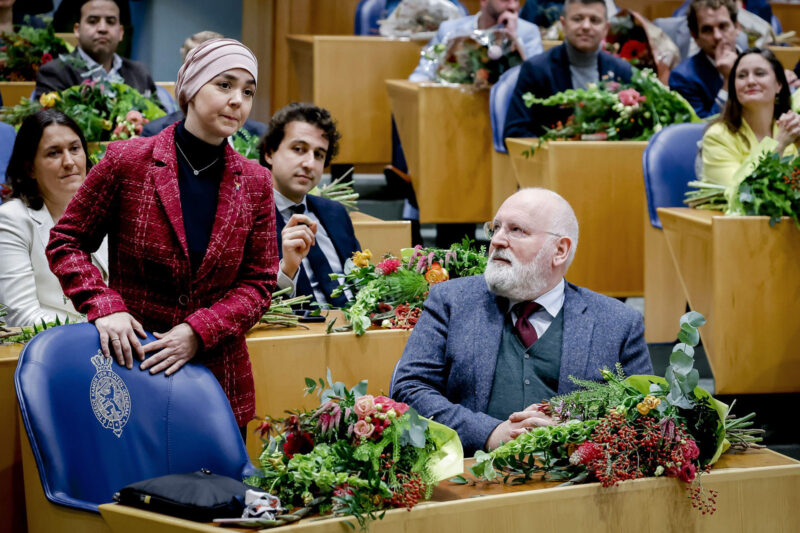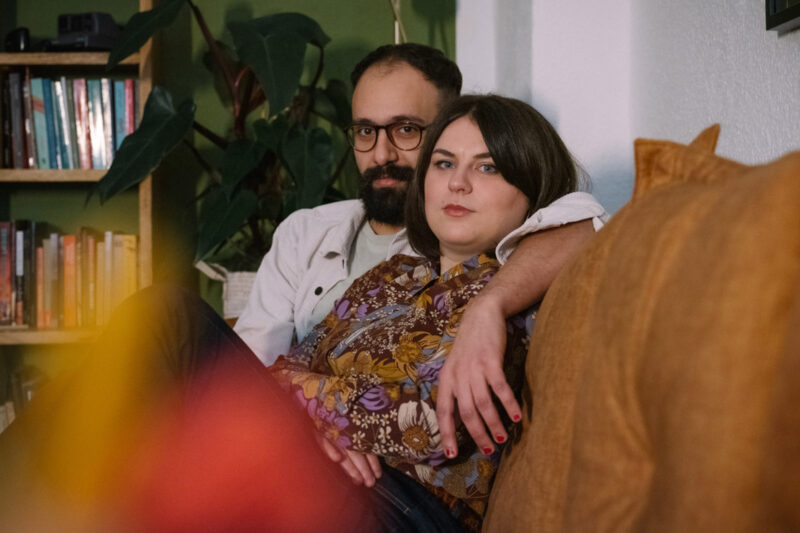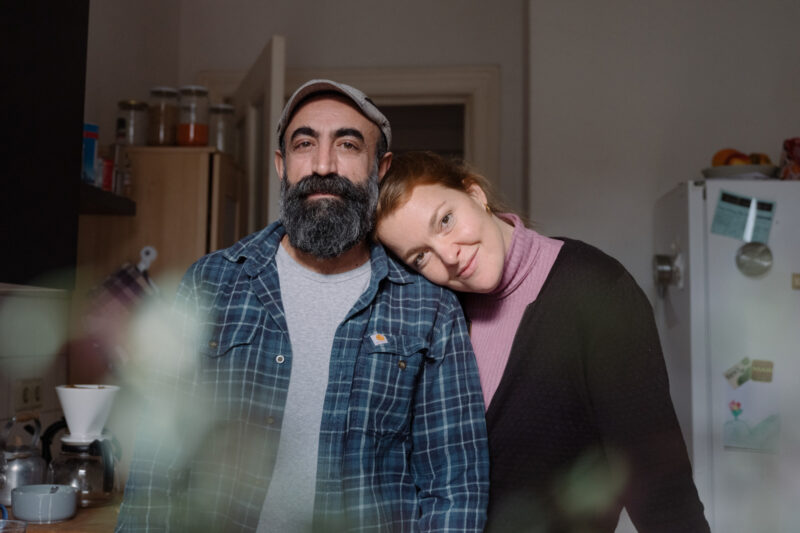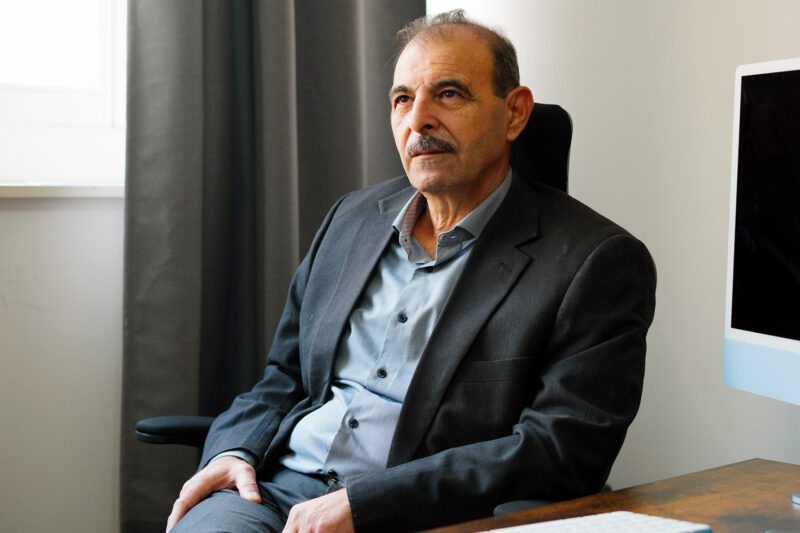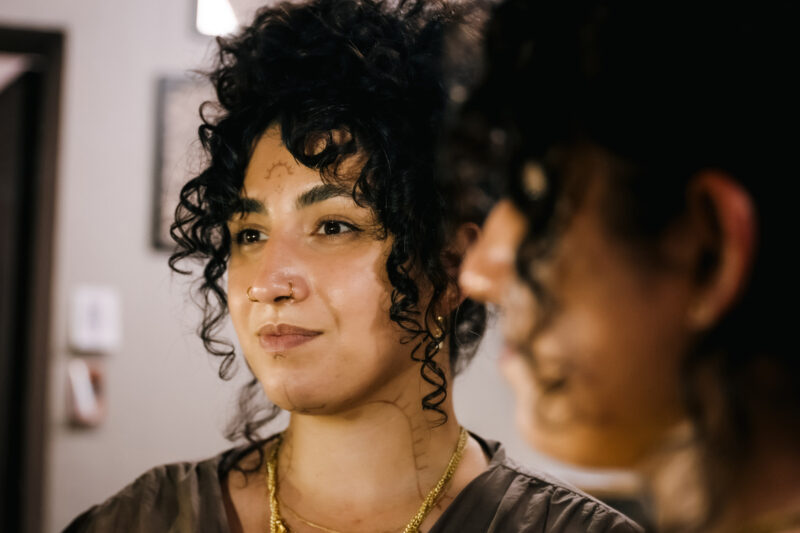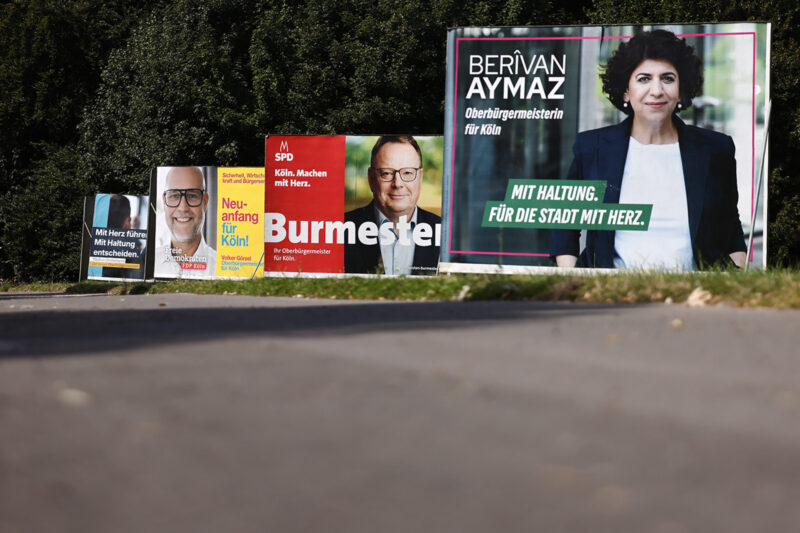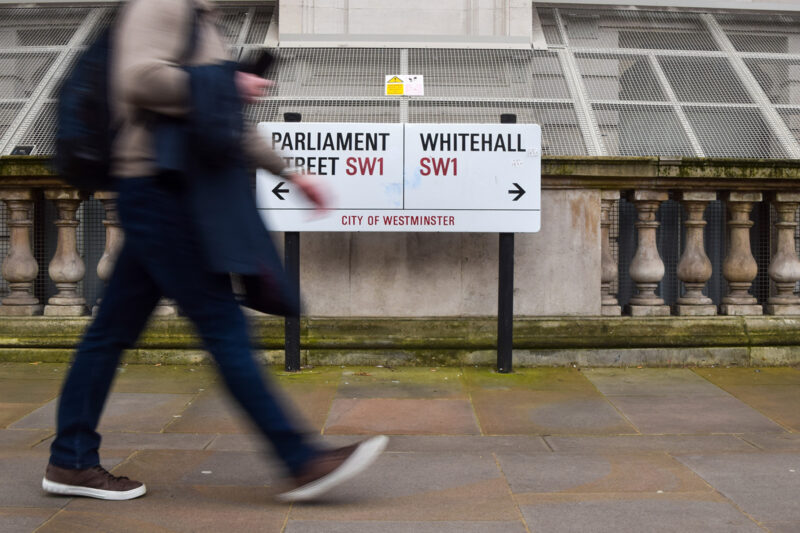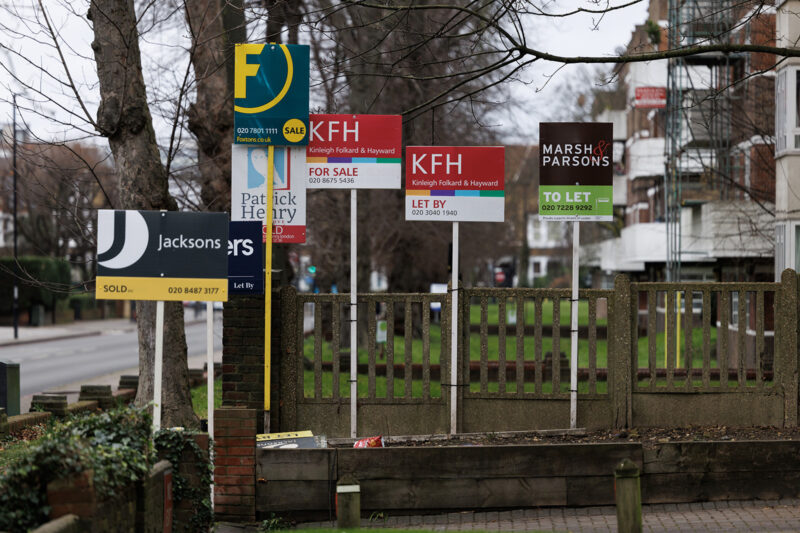Germany’s new citizenship laws and the Muslim lives they will change
Legislation coming into effect this June will finally allow migrants to become citizens without relinquishing their birth nationality
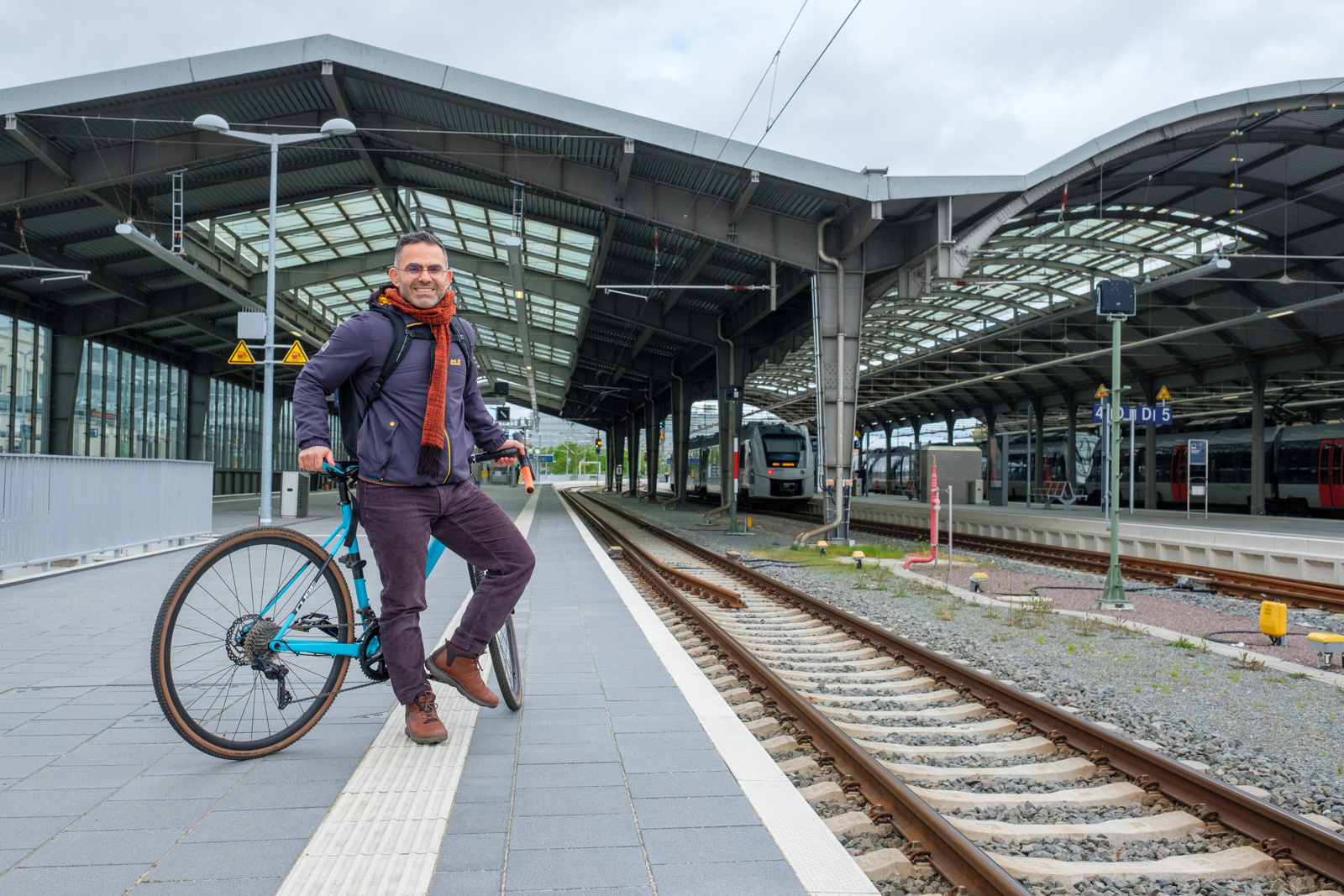
Germany will have new citizenship laws from June 27. Dual citizenship has until this point been banned for non-EU residents, presenting the county’s migrant community with an often difficult choice between remaining in Germany on visas with no voting rights and cutting ties with their homelands and families by giving up their birth nationality. Migrants coming from outside the EU have also had to meet many more requirements to gain citizenship.
The new legislation, proposed by Olaf Scholz, the centre-left chancellor, will make citizenship available equally to all nationalities and allow for multiple citizenships. The minimum period of residency before applying for naturalisation will also be reduced from eight years to five and, in cases of exceptional skills and abilities, three. Existing and new applications will automatically be processed under the new laws.
Nearly 40 million people living in Germany are from a migrant background. Some of the largest communities are from Muslim-majority countries such as Turkey (2.8 million), Kazakhstan (1.3 million) and Syria (1.2 million). In fact, 6.6% of the German population is Muslim. Hyphen spoke to three Muslims living in Germany about how dual citizenship will affect them.
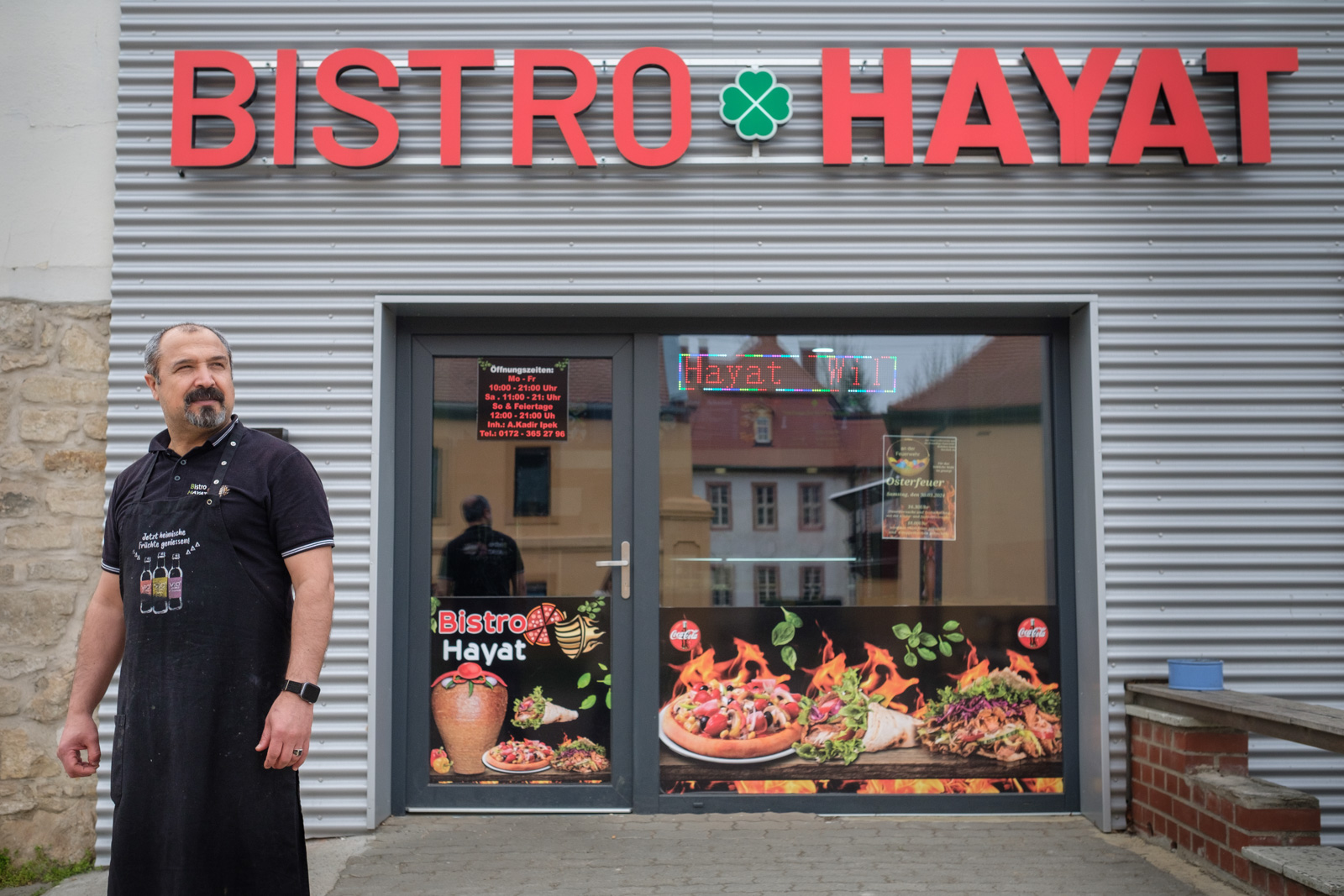
ROHLAT IBRAHIM
Rohlat Ibrahim, 50, a Kurdish Syrian, has lived in Germany for 25 years. He works in a takeaway restaurant on the edge of Halle, a small city near Leipzig. When he arrived, aged 25, German authorities categorised him as stateless because he had never received a Syrian passport, as was the case with 1.5 million Kurds living there before 2005. After being granted asylum, he applied for German citizenship in 2008, which was granted in 2010.
Has German citizenship made a big difference to your life here?
April 1 is the birthday of my German citizenship. I am so happy that I have it. I am thankful to this land and its people. Even if I had had a Syrian passport, I would decide to only keep German citizenship because what Germany offered and gave me Syria did not.
The laws today are better than they were when I came here. I had my high-school certificate from Syria and applied for further study in Germany but my certificate wasn’t recognised. So I thought to myself, it is probably my destiny that I will not be able to study, but perhaps my descendants will do it later. My eldest daughters, Amelia and Arena, are at the Latina (an elite high-school) and the younger one, Rosa, says she wants to work hard and get in there. We’ll see what happens.
Are voting rights in Germany important to you?
Yes, since I got the passport in 2010, I can vote. I always vote for the left; the left is like oxygen for Germany. Since 2015 Germany has gone downhill politically. Today the neo-Nazis of the 90s have disappeared but the ideology has become stronger.
Has having German citizenship changed how you feel about your own identity?
I feel German. Feelings for my homeland are all but dead. I tell my children: “You should know that your roots are Kurdish, and you should never forget that, but what you want to do in life, do it for this country because you were born here.” Any other attitude would be like trying to cover the sun with a cloth and pretend it’s not there.
MANAAR ALI*
Manaar Ali, 41, came to Germany from Sudan with her husband seven years ago when he embarked on his PhD in anthropology at the Max Planck Institute. He now works as a social worker at European Homecare, providing advice and support for refugees in the Leipzig area. Ali applied for German citizenship 18 months ago and is pleased that her application is being processed in accordance with the new immigration laws.
*Ali’s name has been changed.
Is the prospect of voting in Germany a reason you applied for citizenship?
Yes. When I live in a country where there are different political parties, why should I not decide what party is best for our lives and for our rights?
Have you decided to stay here?
We don’t have a choice. My son is starting high school, he is German. My children already have the language, they have been educated here, they know more about Germany than they know about our country. But I don’t feel 100% settled here. The culture here is different from mine, the religion is different, it’s another society. I’m not used to it. It’s not easy for me but it’s best for the children.
Sometimes not all people accept me here. This feeling, I mean, I don’t want to say it’s racism but I don’t feel good about it. Having said that, I don’t feel completely like an outsider either because I have German friends who have supported me a lot and the children haven’t had problems so far.
Do you think the German passport will make you feel more at home?
My feeling is no. When I have the German passport the people that don’t know me will still say that I am not German because I look different. They won’t know that I have the passport and they can see that I am from Africa. I cannot forget my culture; I will always feel Sudanese.
I already had two jobs but now I’m looking for a new one. When I get a German passport, perhaps I can do something more with it for work, or it could support me in a practical way. There are also many state benefits I haven’t pursued because you need a German passport to apply for them online. When I use my Sudanese passport I have to arrange a personal appointment and travel to the government office and explain it. I think that will be better.
KHALED ALSAKRAN
Khaled Alsakran, 41, came to Germany from Jordan 11 years ago to study law. He now works part-time in operations control at the German national railway, Deutsche Bahn. Alsakran has not yet applied for citizenship because he has not encountered any practical disadvantages living in Germany on visas.
Why wouldn’t a German passport make any practical difference to your day-to-day life?
A German passport won’t help me with study or with work. I am the communication conduit between personnel, management and lateral recruits at Deutsche Bahn and next month I am starting postgraduate training in personnel management to become a qualified HR manager. The things that I want to achieve here I can do as a foreigner. I would only apply for a German passport when it becomes of practical benefit to me. I have other things to do.
Do you think the German passport will make you feel more at home?
I am happy that I am different from other people here. I have phases where I am spending time with my German wife and German friends: then I feel maybe 20 to 30% German, but I still always feel absolutely Arabian or Jordanian. For that reason, gaining a German passport is not important for me on a personal level. However, the possibility to have more freedom to travel and more security is. Let me rephrase that: it’s better to have 20 euros than to have 10 euros.
Does it bother you that you can’t vote in Germany?
It only bothers me in theory that I can’t vote because I have never voted, not even in Jordan. I don’t have a lot of faith in democracy. The question is, what do we expect from democracy? Is it democracy that people here in Germany can hold up the Israeli flag but not the Palestinian flag? Where is the democracy here? I now feel less German than I did before 7 October because of the way the media here has handled the conflict in Gaza. It’s unacceptable and I never expected such attitudes from this country.
 Newsletter
Newsletter

